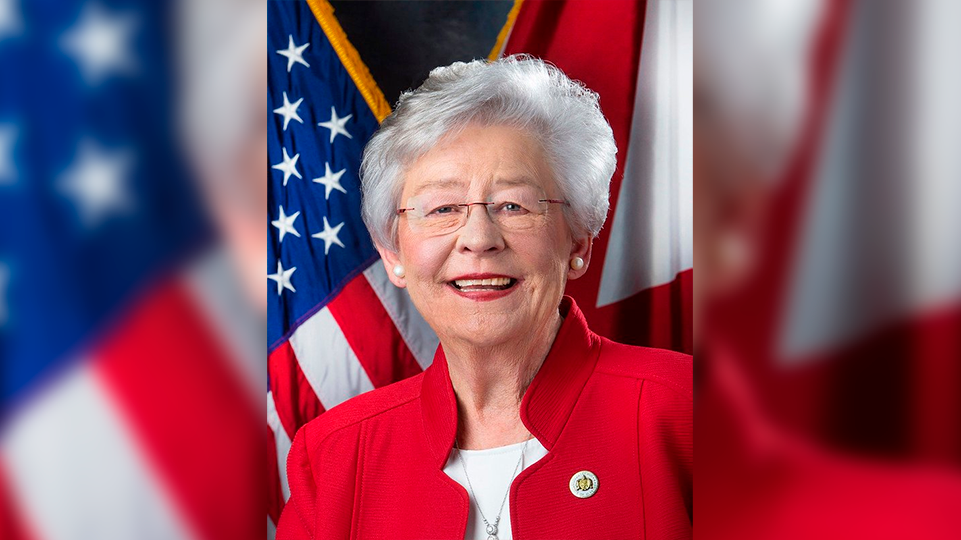Heat illness awareness initiative comes to LaFayette
Published 9:00 am Wednesday, November 20, 2024
|
Getting your Trinity Audio player ready...
|
The LaFayette city council learned about a program focused on heat illness education and prevention during the special called meeting on Monday night.
“Last week, every single station in Alabama and Georgia were 14 to 17 degrees Fahrenheit, higher than normal for what we have had for the past so many number of years. This is not normal, the way it is in mid-November, the kind of heat you’re having,” said Chandana Mitra, Professor of Auburn University/COSAM.
Mitra along with Mr. Kyle Crider, Program Policy Director for the People’s Justice Council (PJC) and Professor JoEllen Sefton of Auburn University/Kinesiology visited the LaFayette City Council meeting on Monday night to speak about their heat awareness group, Together Alabama.
Mitra said the weather event that causes the most people to die in the U.S. is heat.
“We think of hurricanes, whenever we ask our students — hurricanes, tornadoes. It’s actually heat. In the US, maximum people die because of heat,” Mitra said.
She said the group’s goal is to educate communities on how to be prepared for heat and how to be much more resilient to these heat waves.
In Alabama in the summer months, farmers, highway workers and those with labor jobs who are working outside in the heat aren’t always prepared for extreme heat and become more susceptible to heat illness.
Other vulnerable groups include older folks and young children aged 12 and younger.
“They are very vulnerable because they do not understand or do not know the means and ways of how to keep themselves prepared for a heat wave or just continuous heat coming in numerous days,” Mitra said.
Crider works for the Alabama Interfaith Power & Light and The People’s Justice Council, which is an interfaith environmental justice organization. The group works as “faithful stewards of Creation responding to climate change through the promotion of environmental justice, energy conservation, energy efficiency, and renewable energy from a faith perspective,” according to the AIPL website.
The Birmingham-based group works with frontline communities from all over the state, the southeast especially.
“We’ve got fingers in a lot of pies, but this is where our heart is, right here in our backyard, because we’re all doing vital resilience work. You know this is all about protecting people from extreme heat, building resilience, but like the wise old coach says, ‘You can’t win if you play a purely defensive game,’” Crider said.
At different events around the community, Together Alabama will be bringing out props like the large water tank and thermal imaging camera that were at the council meeting to help people understand the danger and symptoms of heat illness as well as advocating for prevention through drinking the correct amount of water each day.
A program called From Resilience to Restoration at PJC is part of the groundwork for protecting people from extreme heat/weather. The group uses low cost materials like caulk and weather stripping to show folks how to find and plug holes in their homes.
Not only does this reduce the energy bill 10-30 percent but also helps keep everyone’s homes cool and safe from the weather.
“We are happy to do whatever small role we can to help you folk become more resilient, more healthy,” Crider said.






